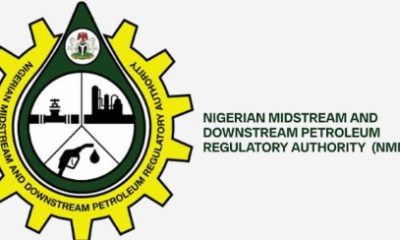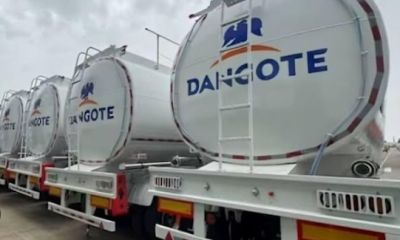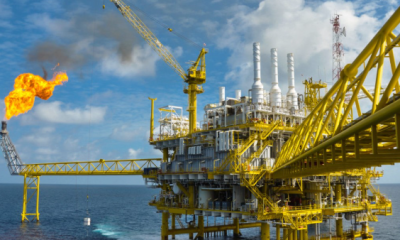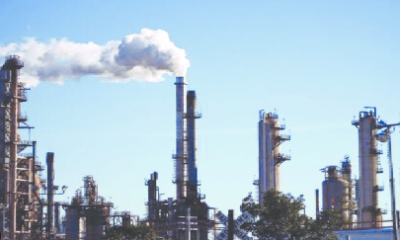Minister of State for Petroleum, Dr Ibe kachikwu, said the average national oil production stood at 2.1 million barrels per day as at July.
This is contained in a statement signed by Ohi Alegbe, Group General Manager, Group Public Affairs Division, NNPC, on Wednesday in Abuja.
He said the Nigerian Petroleum Development Company (NPDC) equity production was 99,000 barrels per day.
He added that the declining Joint Venture reserves were due to inadequate and low investment in the oil assets.
The minister noted that issue of funding which had been identified as a major challenge to the sector would be addressed with adequate collaboration with the private and international investors.
Kacikwu said the average gas to power generation was about 3,000 megawatts and domestic gas supply of one billion standard cubic feet (scf) with the contribution of 600 million standard cubic feet from NPDC.
On the current state of the refineries, he said that two of the refineries might be re-streamed before the end of December.
“Efforts are on to engage private investors to build new refineries within the old ones to enable the refineries share power, pipelines and other resources,” he said.
He added that the new agenda for the Oil and Gas Industry would be centered on having the right people, doing the right things, at the right time.
This, he said, would be for the right purpose to yield the right results.
Kachikwu said the petroleum sector, under his watch, would ensure that the Nigeria Content policy would transform the Oil and Gas industry into the economic engine for job creation and national growth.
He said he was obliged to cancel the Offshore Processing Agreements (OPAs), crude-for-products-exchange arrangement (popularly known swap) and other unprofitable product and crude arrangements, all in a bid to avoid rent seekers.
He said the cancellation would help to add value to the Nigerian hydrocarbon resources.
On the downstream sector, the minister advocated for the introduction of a private sector model that would reinvigorate the efficient supply and distribution of petroleum products, especially in the area of pipeline assets.
“The menace of pipeline vandalism has led to huge losses of crude and petroleum products; 27,967 incidents of pipeline vandalism were recorded in the last few years.” he said .
He noted that unutilised pipelines and poor pipeline integrity also led to high cost of trucking and impact on the roads.

 Health5 days ago
Health5 days ago
 Entertainment6 days ago
Entertainment6 days ago
 Crime5 days ago
Crime5 days ago
 Education7 days ago
Education7 days ago
 Health7 days ago
Health7 days ago
 Comments and Issues6 days ago
Comments and Issues6 days ago
 Football6 days ago
Football6 days ago
 Latest6 days ago
Latest6 days ago













